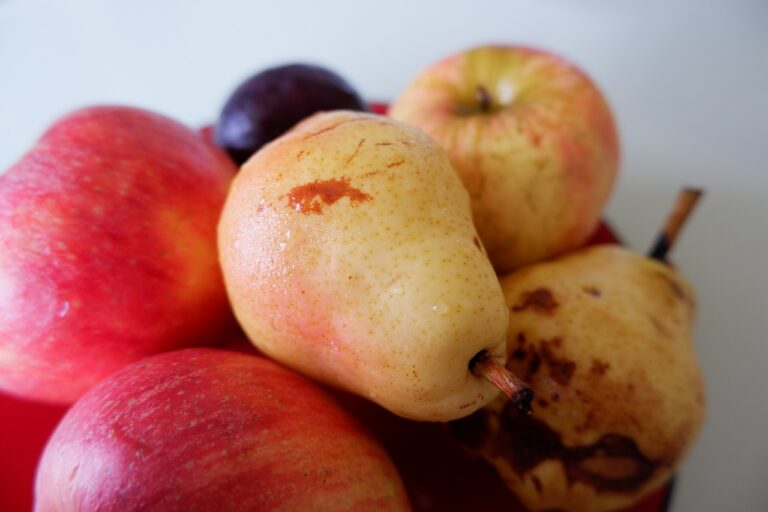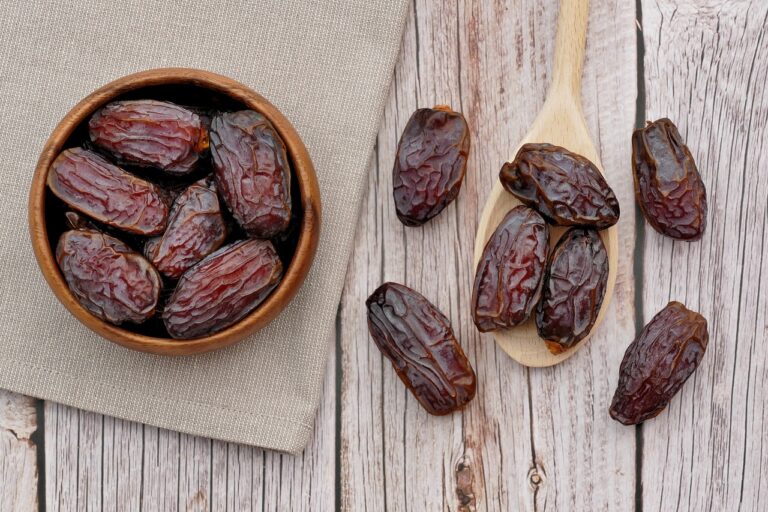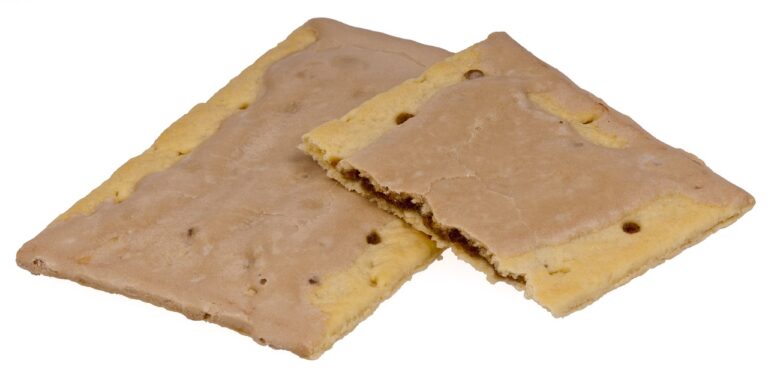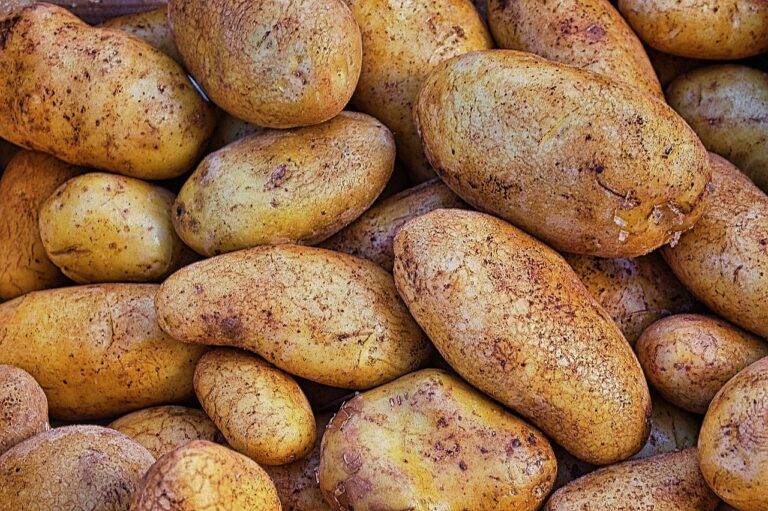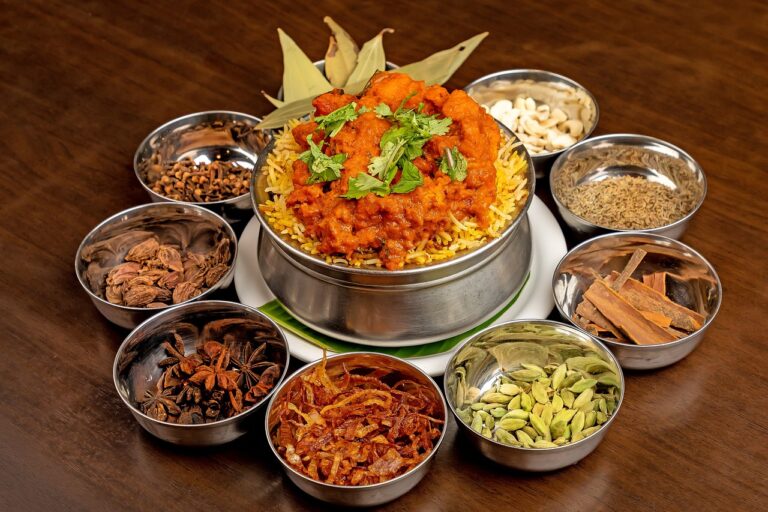The Role of Olive Oil in Enhancing Food Density: World7, Mahadev book login, Silverexch
world7, mahadev book login, silverexch: The Role of Olive Oil in Enhancing Food Density
When it comes to cooking and consuming delicious and nutritious meals, olive oil plays a significant role in enhancing the density of food. Not only does olive oil add flavor and richness to dishes, but it also provides a range of health benefits due to its unique composition of healthy fats and antioxidants. In this article, we will explore the various ways in which olive oil can be used to increase the density of food, making meals more satisfying and nutritious.
The Versatility of Olive Oil in Cooking
Olive oil is a versatile ingredient that can be used in a wide variety of cooking techniques, from saut驮g and frying to baking and dressing salads. Its high smoke point makes it ideal for high-heat cooking methods, such as searing meat or stir-frying vegetables, without burning or producing harmful compounds. The rich flavor of olive oil enhances the taste of dishes, making them more flavorful and satisfying.
Using olive oil as a base for sauces, marinades, and dressings can also help increase the density of food. By emulsifying olive oil with vinegar, citrus juice, or other liquids, you can create rich and creamy dressings that coat ingredients evenly and add depth of flavor. Similarly, using olive oil as a marinade for meats, poultry, or vegetables can infuse them with flavor and moisture, resulting in more satisfying and succulent dishes.
Olive Oil as a Healthy Fat Source
One of the key benefits of olive oil is its high concentration of monounsaturated fats, which are considered heart-healthy fats that can help reduce inflammation, improve cholesterol levels, and lower the risk of heart disease. These healthy fats are essential for proper cell function, brain health, and hormone production, making olive oil an excellent source of nutrition for overall health and well-being.
In addition to healthy fats, olive oil also contains antioxidant compounds, such as vitamin E and polyphenols, which help protect cells from damage caused by free radicals and oxidative stress. These antioxidants have anti-inflammatory and anti-cancer properties, making olive oil a powerful ally in promoting longevity and preventing chronic diseases.
Enhancing the Nutritional Profile of Meals
By using olive oil in cooking and food preparation, you can enhance the nutritional profile of meals by increasing the density of essential nutrients, such as vitamins, minerals, and phytonutrients. For example, saut驮g vegetables in olive oil can help improve the absorption of fat-soluble vitamins, such as vitamin A, D, E, and K, which are important for eye health, bone health, immune function, and blood clotting.
Similarly, adding olive oil to salads or cooked dishes can help increase the bioavailability of fat-soluble antioxidants, such as lycopene in tomatoes and beta-carotene in carrots, which have been linked to reducing the risk of chronic diseases, such as cancer, heart disease, and diabetes. By incorporating olive oil into a well-balanced diet, you can maximize the nutritional benefits of the foods you eat and promote overall health and wellness.
FAQs
Q: Is olive oil suitable for all cooking methods?
A: Olive oil is best suited for low to medium-heat cooking methods, such as saut驮g, roasting, and baking. It is not recommended for deep-frying or high-heat cooking, as it has a lower smoke point compared to other oils, such as avocado oil or coconut oil.
Q: What is the difference between extra virgin olive oil and regular olive oil?
A: Extra virgin olive oil is made from the first pressing of olives and has a superior quality and flavor compared to regular olive oil. It is unrefined and retains more antioxidants and nutrients, making it a better choice for cooking and dressing salads.
Q: How should olive oil be stored to maintain its freshness?
A: Olive oil should be stored in a cool, dark place away from heat and light to prevent oxidation and rancidity. It is best to use olive oil within a few months of opening the bottle to ensure optimal flavor and nutritional benefits.
In conclusion, olive oil plays a crucial role in enhancing the density of food by providing flavor, richness, and a range of health benefits. By incorporating olive oil into your cooking and meal preparation, you can create delicious and nutritious dishes that promote overall health and well-being. So next time you’re in the kitchen, reach for that bottle of olive oil and elevate your meals to a whole new level of deliciousness.


